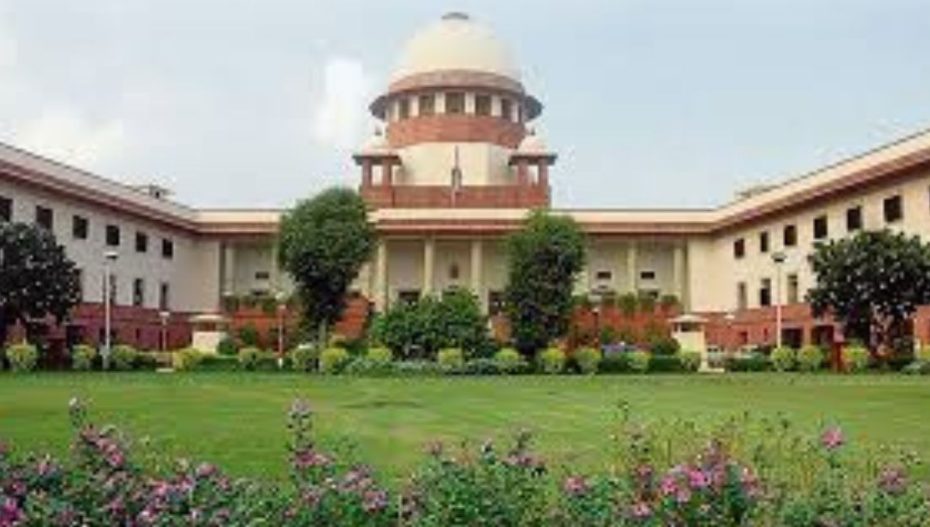New Delhi: The Supreme Court has refused to stay the controversial legislation that removes the Chief Justice of India from the selection panel which will appoint election commissioners.
A bench of Justices Sanjiv Khanna and Dipankar Datta heard petitions by Congress leader Jaya Thakur, the Association for Democratic Reforms, and others, questioning the new Chief Election Commissioner and Other Election Commissioners Act, 2023. The petitioners particularly challenged the amendment that removed the country’s topmost judge from the panel to select election commissioners.
The new act replaces the Election Commission (Conditions of Service of Election Commissioners and Transaction of Business) Act, 1991. It provides for the appointment, salary, and removal of the Chief Election Commissioner and Election Commissioners.
The new selection panel is headed by the prime minister and has just one opposition member. It also – as the petitioners highlighted – violates the apex court’s ruling last year that Election Commission members be selected by a panel that is not dominated by the government so as to ensure its independence.
On March 14, this three-member selection panel appointed two former Indian Administrative Service officers – Gyanesh Kumar and Sukhbir Singh Sandhu – as election commissioners.
LiveLaw has reported that in today’s hearing, Senior Advocate Vikas Singh and advocate Prashant Bhushan highlighted the violationg of the constitution bench judgment in the Anoop Baranwal case and the hurry displayed by the search committee in the recent appointments respectively.
The report noted that Justice Khanna questioned Bhushan on the grounds on which he had challenged the Act.
“Now they have been appointed, elections are on corner…it is a question of balance of convenience. There are no allegations against persons appointed,” the judge said, according to LiveLaw.
Bhushan highlighted the need for an independent Election Commission.
Senior Advocates Gopal Sankaranarayanan and Sanjay Parikh also vouched for the harm this act would cause to the democratic process.
The report notes: “However, this was met with resistance from the bench, which cautioned the senior counsel to not pass such statements.”
The bench said the petitioners’ arguments would be examined but did not pause the act at this stage.
The bench also told Solicitor General Tushar Mehta that the names seen by the selection committee could have been examined “more slowly.”
While SG Mehta argued that the committee had considered two people in a process that started in February, and that the formulation of the committee was not the only thing that ensured independence.
The bench pointed to a disparity in the time given for the names to be considered. LiveLaw quotes:
“For 1 vacancy, there are 5 names. For 2, you send only 6. Why not 10? This is what appears from the record. They can consider 200 names, but what is the time given? maybe 2 hours? 200 names to be considered in 2 hours? You could have been transparent.”
This article is originally published on The Wire on March 21, 2024.
Also Read: Inequality In India Now Worse Than Raj Era, Finds Study













